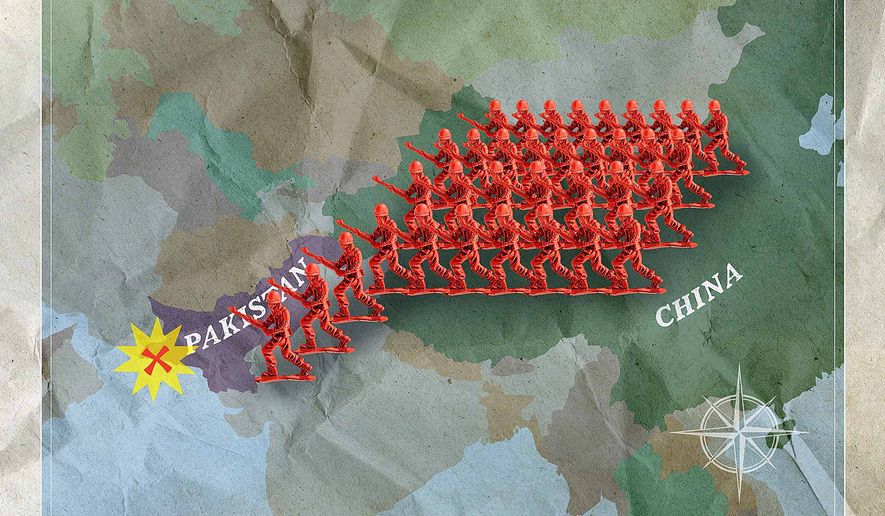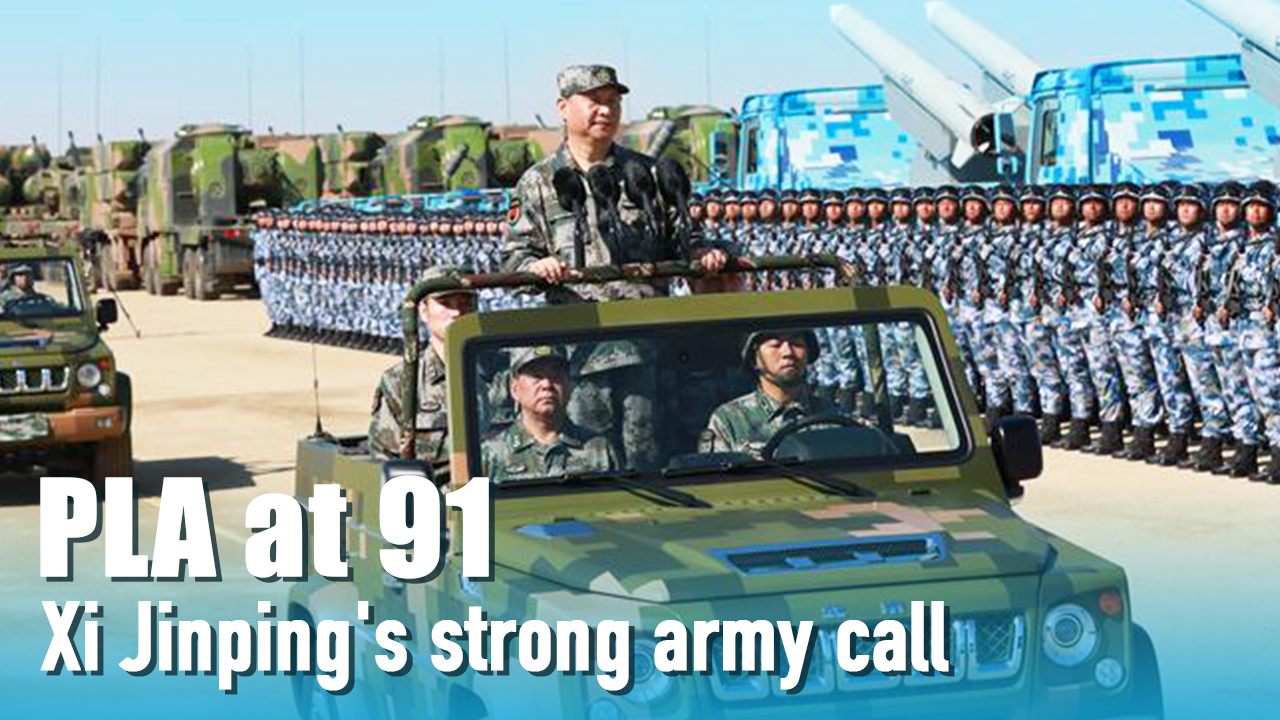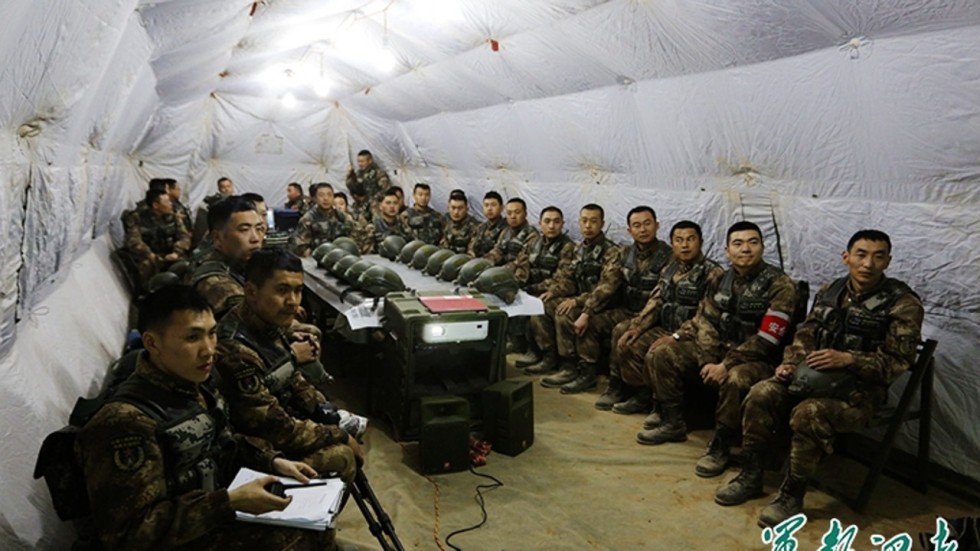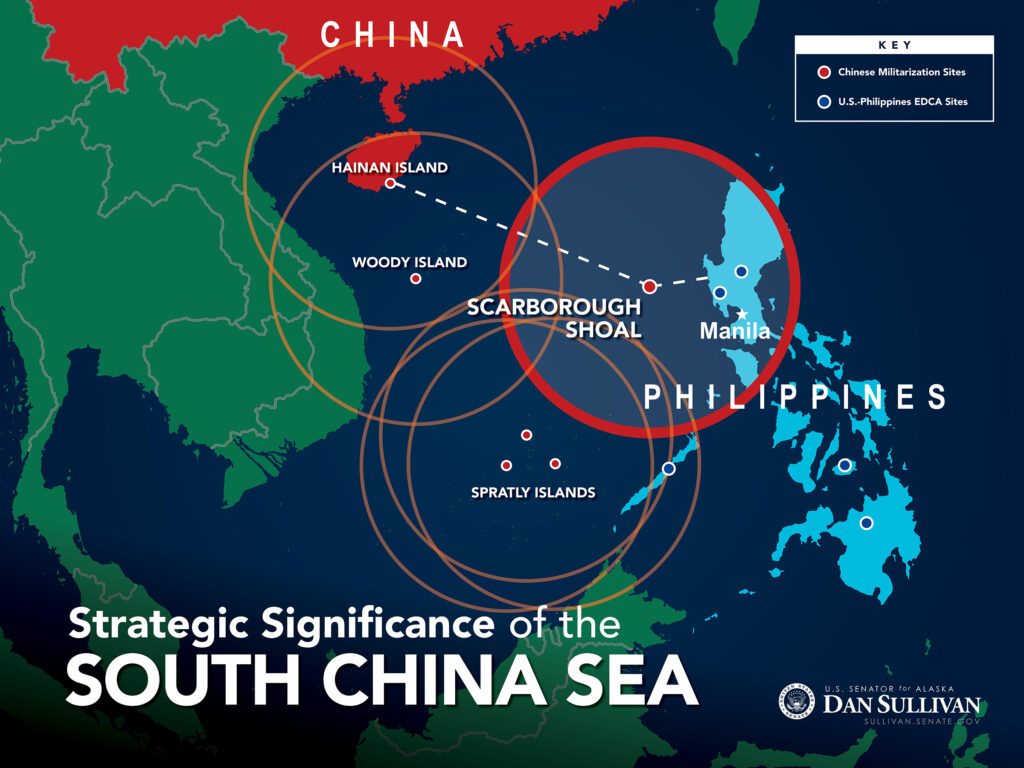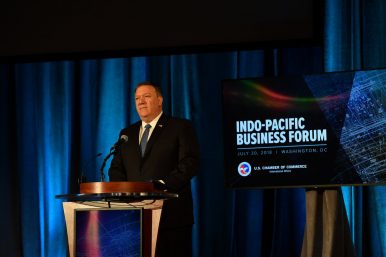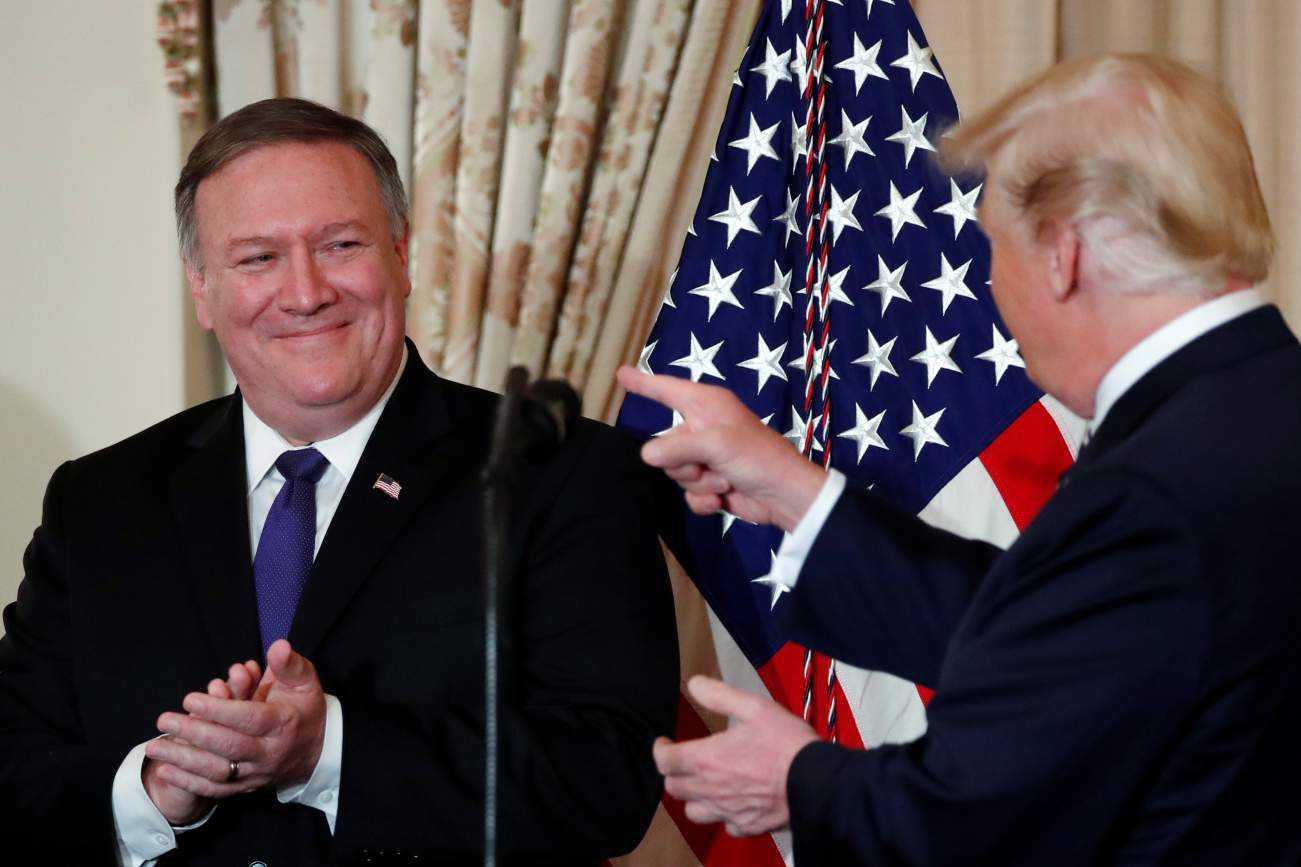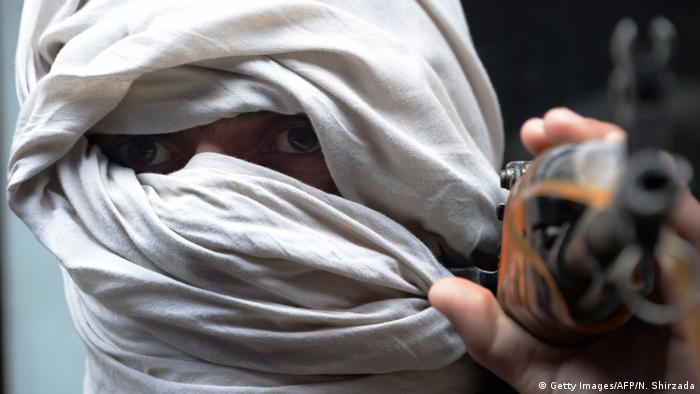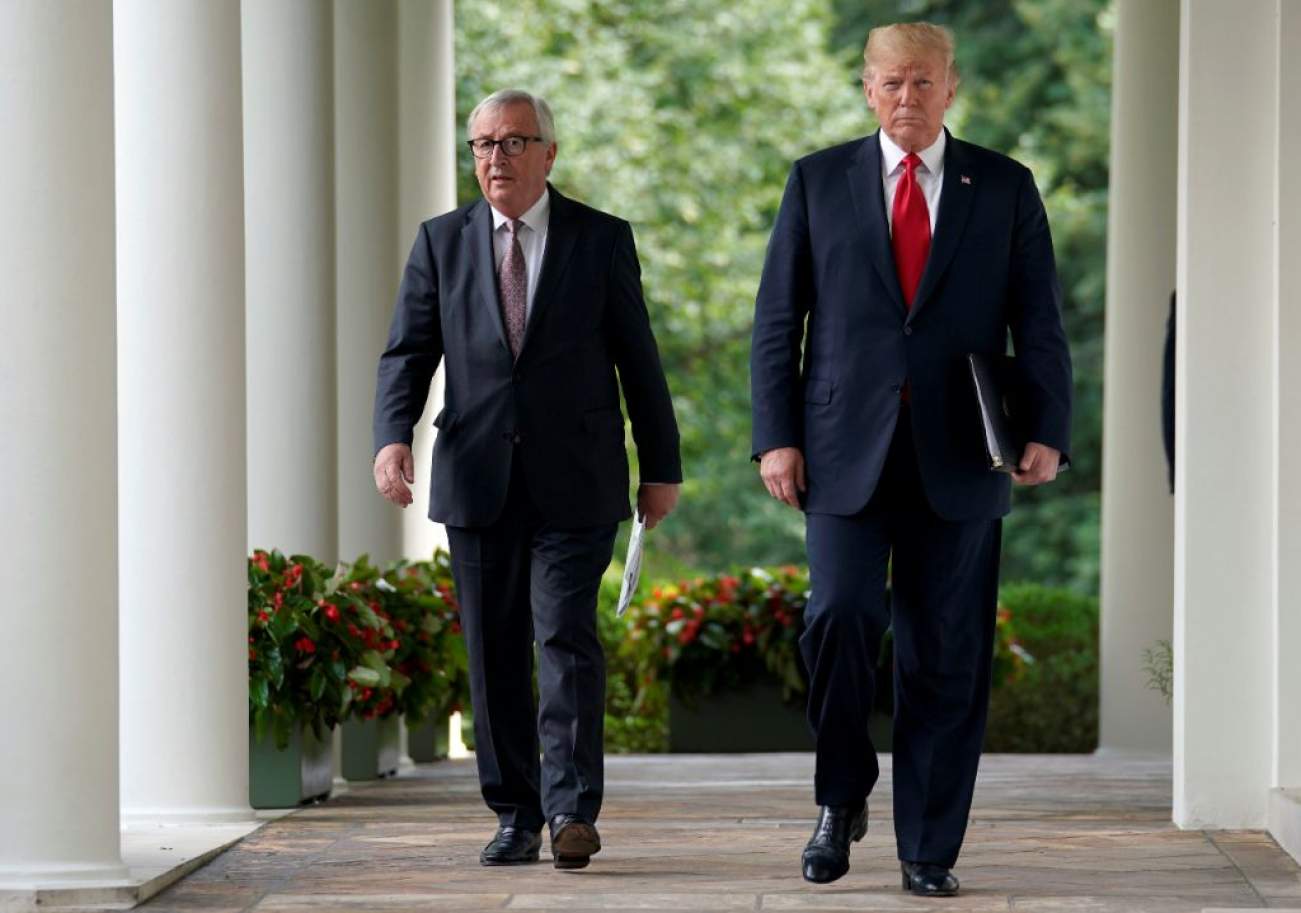By PRAKASH KATOCH
The Indian Army is actively considering abolishing the rank of brigadier as part of its plans to restructure the officer cadre. It reasons that this will provide younger commanders, which is absurd; colonels promoted to major-general (instead of brigadier) but commanding brigades will be at the same age. But the question is, where will all this stop? Will a subsequent cadre restructuring after another decade recommend brigades to be commanded by lieutenant-generals? In the past, colonels in the infantry were directly promoted as brigadiers. Those promoted as colonels commanded regimental centers and went home. Later, the lieutenant rank was abolished, which buried the concept of a senior subaltern. Colonels, instead of lieutenant-colonels, started commanding battalions, while the latter commanded infantry companies.

